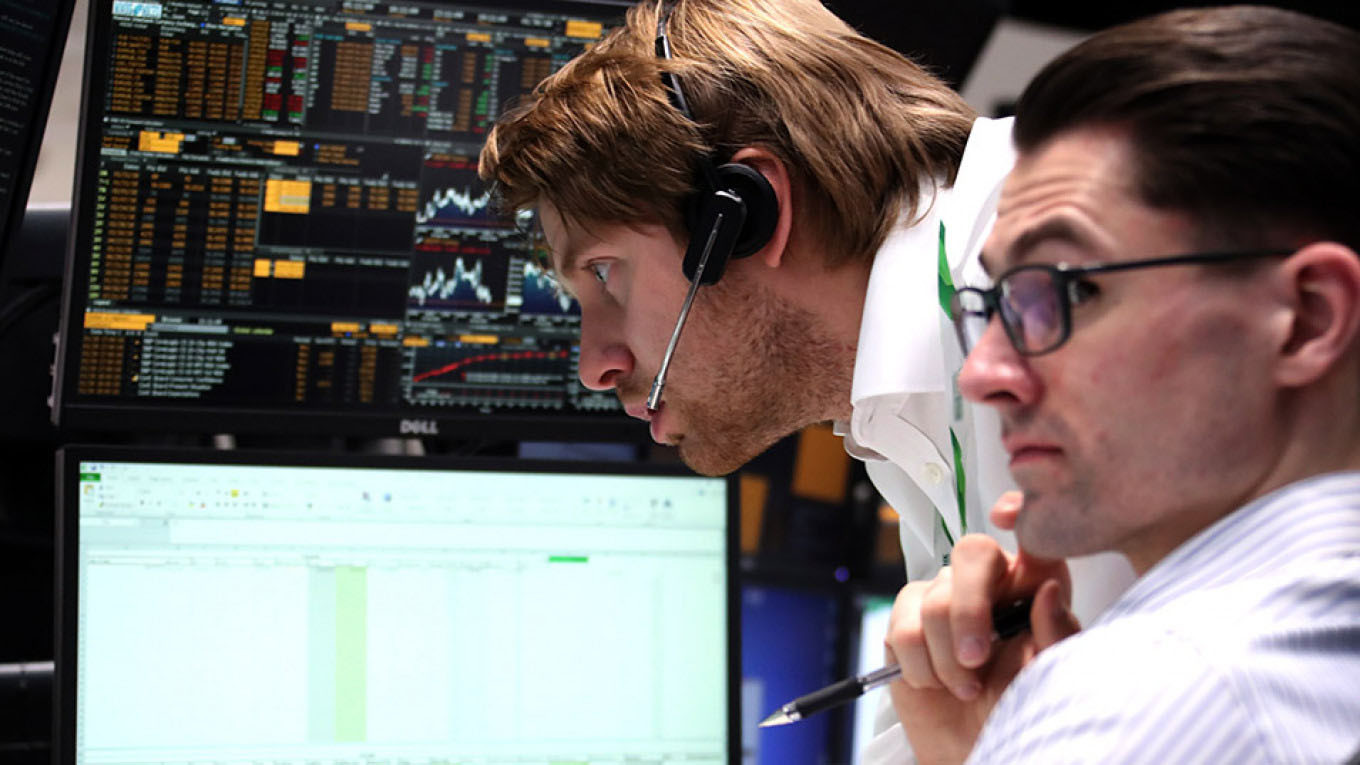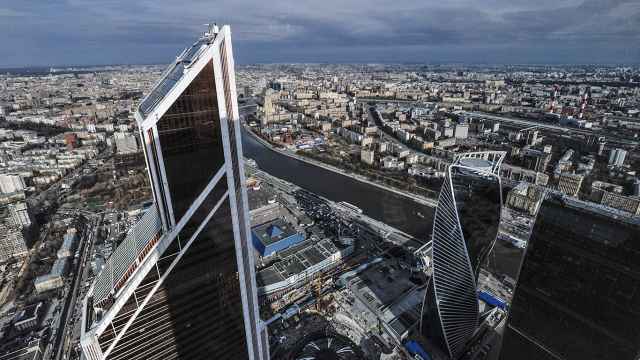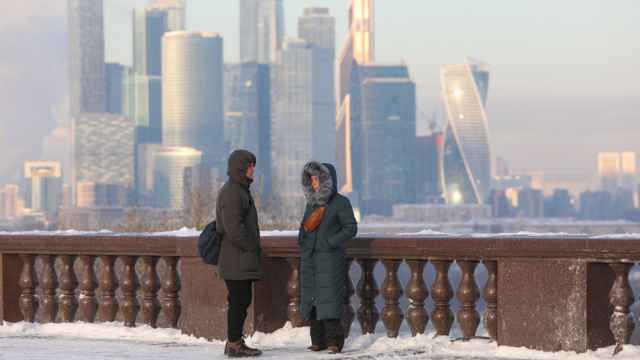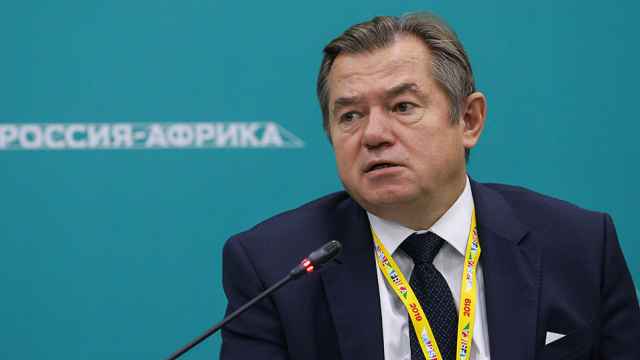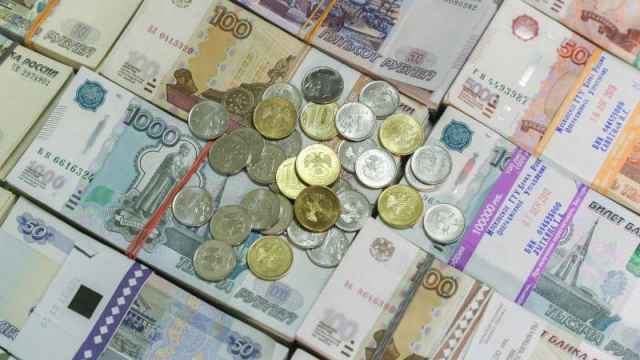Foreign Direct Investment (FDI) into Russia bounced back last year, as investments flowing into the country jumped nearly fivefold amid fading risk of new sanctions from the U.S.
Russian firms received $26.9 billion from overseas investors in 2019, according to data from Russia’s Central Bank. That was up from just $5.9 billion in 2018, when international investors steered clear of Russia for fear of getting stung by U.S. sanctions.
The net inflow — after taking away investments Russians made overseas — came in at $0.6 billion, the first positive reading since 2016, but left the balance of Russia’s overseas investment largely unchanged. In 2018, Russia saw a $23 billion net outflow of FDI.
Analysts put the rise in investment down to reduced risk of sanctions from the U.S. last year. “The most important sanctions-related events in 2019 were the lifting of sanctions against EN+ and Rusal, and the symbolic sanctioning of Russian public debt, which did not live up to the hawks’ expectations,” RBC’s Economics Editor Ivan Tkachev wrote.
The rebound in 2019 took inward FDI flows back to around the same level recorded in 2017. Investment could continue to climb this year, some analysts predict, as the government seeks to advance trade and business ties with non-Western countries.
“The Russian government remains keen to attract foreign investment in some non-strategic areas,” Agathe Demarais, Global Forecasting Director at The Economist Intelligence Unit, told The Moscow Times.
Economist Vladimir Miklashevsky expects the government to “lure [more] foreign direct investment in 2020, as the current level has become critically low [and] the absence of newcomers weighs on [the government’s] objectives to modernize the economy, increase productivity and create more jobs in high value-added sectors.”
Nevertheless, uncertainty, in particular surrounding the the U.S. election and how the candidates will position themselves with regard to Russia and sanctions, could act as a brake on a further investment uptick, market watchers say.
In notes to clients, investment banks continue to stress the high-risk nature of investing in Russia. Economists at Deutsche Bank said last week that the current government reshuffle “creates some room for uncertainty on the policy direction … and is a reminder for investors of the less transparent nature of political decision making in Russia.” Santander told clients: “many investors see Russia as still under exploited [but] Russia has an investment climate that is complicated to control and generally unstable.”
A Message from The Moscow Times:
Dear readers,
We are facing unprecedented challenges. Russia's Prosecutor General's Office has designated The Moscow Times as an "undesirable" organization, criminalizing our work and putting our staff at risk of prosecution. This follows our earlier unjust labeling as a "foreign agent."
These actions are direct attempts to silence independent journalism in Russia. The authorities claim our work "discredits the decisions of the Russian leadership." We see things differently: we strive to provide accurate, unbiased reporting on Russia.
We, the journalists of The Moscow Times, refuse to be silenced. But to continue our work, we need your help.
Your support, no matter how small, makes a world of difference. If you can, please support us monthly starting from just $2. It's quick to set up, and every contribution makes a significant impact.
By supporting The Moscow Times, you're defending open, independent journalism in the face of repression. Thank you for standing with us.
Remind me later.


